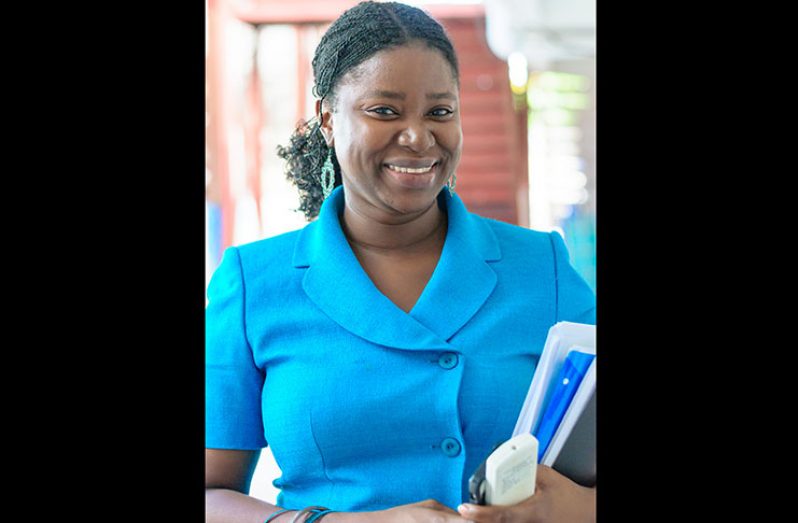By Lisa Hamilton
Institutions heads, teachers and students are grateful for the government’s change of heart after budget 2018 revealed that Value Added Tax (VAT) will no longer be charged on education services beginning January 1.

Minister of Finance, Winston Jordon, on Monday put forward the proposal in light of representations made by the public in opposition to the 14% tax on private school fees. The School of the Nations is believed to have played a key role in these representations. Protesting, writing letters to the media and delivering a petition signed by 14,000 individuals to the Ministry of Education and the Ministry of the Presidency are just some of the ways the institution fought back.
Spearheading these ventures were Student Council Leaders, Ryan Benschop and Othniel Lewis, who expressed relief that the work they put in finally paid off.
“It’s really uplifting and, for me, it inspires patriotism,” Benschop said. “It doesn’t give me the sense that the government is just going to do something and I can’t say anything about it…something can actually happen from it…at least in this case, although it took a year, something was done.”
Lewis shared his colleague’s reaction, stating, “I honestly feel as though I can appreciate that they accepted that it might not have been fair, and the fact that they changed it, is something that I’m happy about and I’m just glad to see that through deliberation and through discussing an issue…we can, together, have a change that everybody wants.”
A step in the right direction and one which will help to push Guyana forward in its promotion of education is the school’s Academic Director, Taslikyah Stewart-Fox, take on the matter.
She highlighted the adverse effects of the 14% tax charge on the school’s Association of Business Executives (ABE) programme, which saw roughly 100 dropouts during the period. “The ABE programme consists of students that are mostly from modest backgrounds,” Stewart-Fox said. “So to add an additional expense on them, when they’re really trying to further their education for the purpose of upgrading themselves, it was really difficult.
“We saw decline in the admissions for ABE, as well as current students…we had presented that evidence to the officials so we’re happy now that the decision has been reconsidered.”
The school’s expression of gratefulness, however, is not one that is easily digested by the Guyanese public. Many believe that students who attend private institutions are often times ‘better off’ and therefore should not object to the payment of these fees. These views are what both the Council and the Academic Director term as gross misconceptions. “If you’re here and you’re a part of the environment you’d recognise that it’s not because students have or come from a strong financial background,” Stewart-Fox stated.
“It’s just parents making the sacrifice because they really want the best education for their children.”
She further pulled back the curtains to the realities of many parents who struggle daily to send their children to the school. “You have persons who are taxi drivers and those who have a modest business that they’re trying to run, just to make that sacrifice to put their children through school.”
Her view on the matter was shared by Lewis who, instead, chose to highlight the plight of students who self-funded their education.
“There are individuals paying their own school fees, they don’t have parents backing them, they go to work and then they take that money that they earned and they invest in themselves and they come to ABE. So it’s not like they have anybody to depend on…” Lewis explained.
However, as the institution welcomes this adjustment in Budget 2018, these changes will see the government experiencing a potential revenue loss of $342 million.
This will not be taken lightly as the Guyana Revenue Authority (GRA) is expected to aid the government in ensuring that these private institutions become fully tax-compliant. During a press conference in March of this year, Jordan revealed that only 54 schools (57% of private schools in Guyana) were registered with the GRA and that the total tuition fees charged by the top eight of these private institutions exceed $2B annually.
Principal of the Marian Academy, Marie Harper, said the institution understands this and would gladly continue to comply with the payments of its taxes. “I have no problem…We have been abiding by the law…The government cannot run the country without money in their coffers.” Harper also said that she was very happy that the government had decided to reconsider its decision, hence, making the ‘better life’ that they have been proposing, a reality.




.png)









